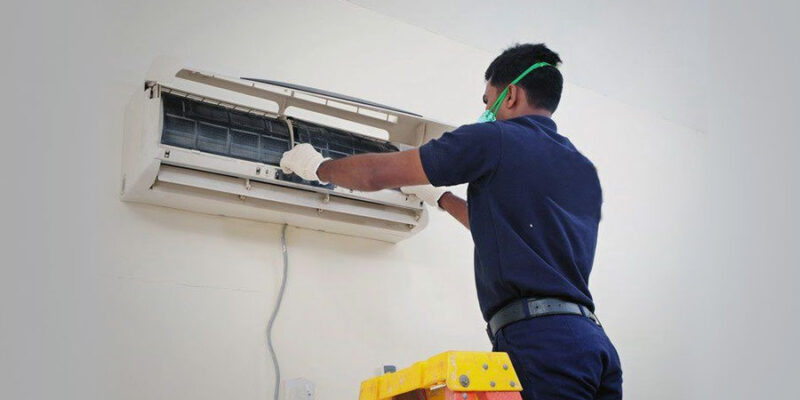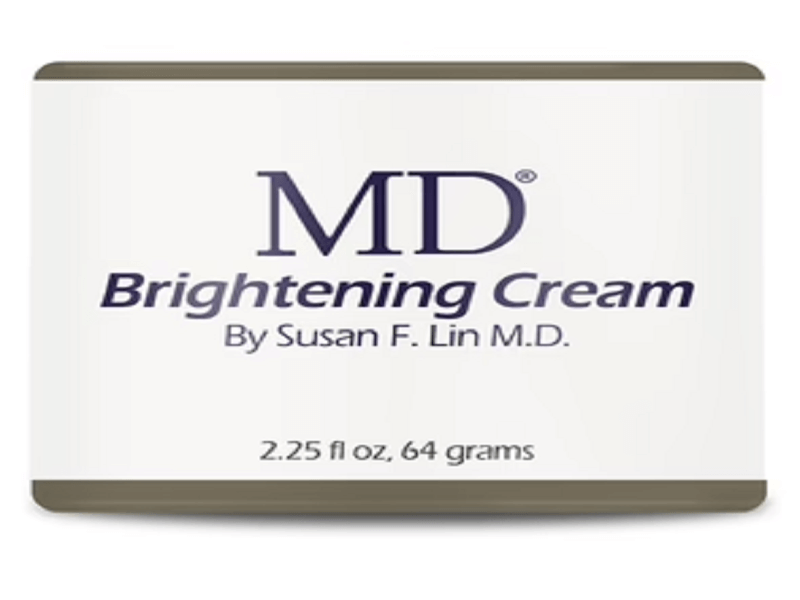As the weather starts to warm up, you may find that your home feels more humid than usual. High humidity levels can lead to discomfort and even health issues such as allergies, asthma, and respiratory problems. While air conditioning can help reduce humidity, you can take some additional steps to remove even more moisture from your home. Here are some tips for removing more humidity from your home and air conditioning service.
1. Use a Dehumidifier
A dehumidifier is a device that is designed to remove excess moisture from the air. It works by pulling in humid air, extracting the water vapor, and then releasing dry air into the room. A dehumidifier can be a great addition to your home if you live in an area with high humidity. It can help to prevent mold growth, reduce musty odors, and improve indoor air quality.
2. Ventilate Your Home
Increasing ventilation is one of the most effective ways to reduce humidity in your home. This means opening windows and doors to allow fresh air to circulate. You can also use exhaust fans in bathrooms and kitchens to remove excess moisture from these areas. Proper ventilation is used to prevent the buildup of moisture and improve indoor air quality.
3. Use Air Conditioning
Air conditioning repair in Las Vegas is a great way to reduce humidity in your home during summer. This type of system works by pulling in humid air from your home and passing it through a cooling system. The unit then releases air that has moisture removed into your home. AC service in Las Vegas can reduce humidity during the warm months, making you feel more comfortable at home.
4. Seal Leaks
If your home has leaks, it can allow warm, humid air to enter and increase the moisture levels in your home. Check for leaks around doors and windows, and seal any gaps with weather stripping or caulk. This can help to keep the cool, dry air inside your home and prevent moisture from entering.
5. Use Plants
Certain plants, such as peace lilies and spider plants, can help to absorb excess moisture from the air. They can also improve indoor air quality by removing toxins and pollutants. Consider adding some of these plants to your home to help reduce humidity levels.
6. Use Desiccants
Desiccants are materials used to absorb moisture from the air. Common desiccants include silica gel, activated alumina, and calcium chloride. You can use these materials in closets, cabinets, and other areas with problematic humidity. Make sure to follow the manufacturer’s instructions for safe use.
7. Reduce Humid Activities
Certain activities can increase the humidity levels in your home. For example, cooking, showering, and laundry can produce moisture. Try to reduce these activities or take steps to minimize their impact. For example, use exhaust fans while cooking or showering to remove excess water.
Elite Plumbing, Heating & Air Conditioning Serving Las Vegas, Henderson & the Surrounding Areas. Reducing humidity in your home is essential for your comfort and health. By using a dehumidifier, ventilating your home, using air conditioning, sealing leaks, using plants, using desiccants, and reducing humid activities, you can remove more moisture from your home and improve indoor air quality. Consider implementing some tips to keep your home cool, dry, and comfortable.
Business Name – Elite Plumbing, Heating & Air Conditioning
Address: 3085 E Post Rd, Las Vegas, NV 89120, United States
Phone Number: 702-263-2665











Comments